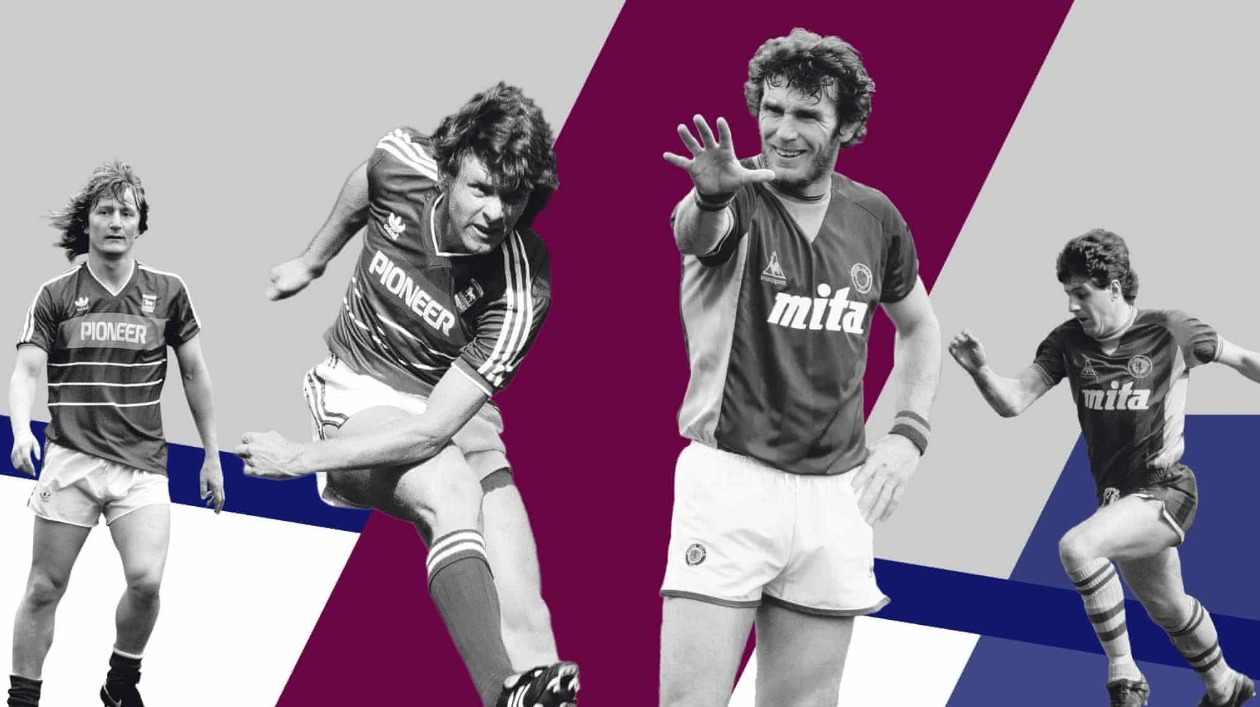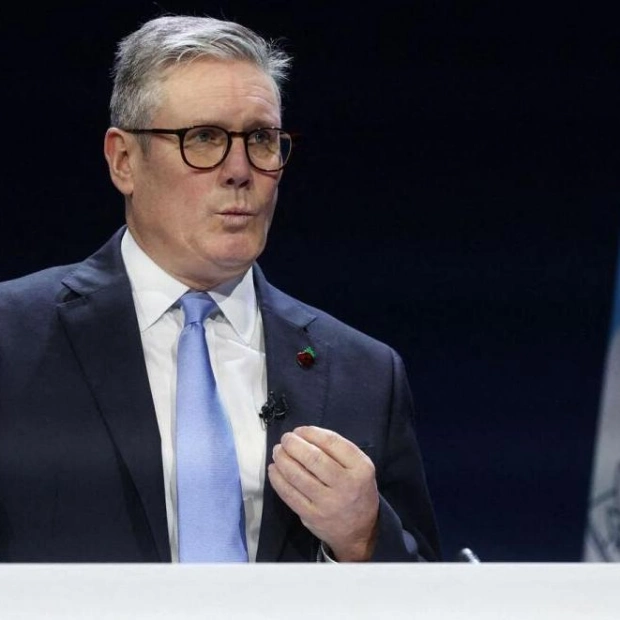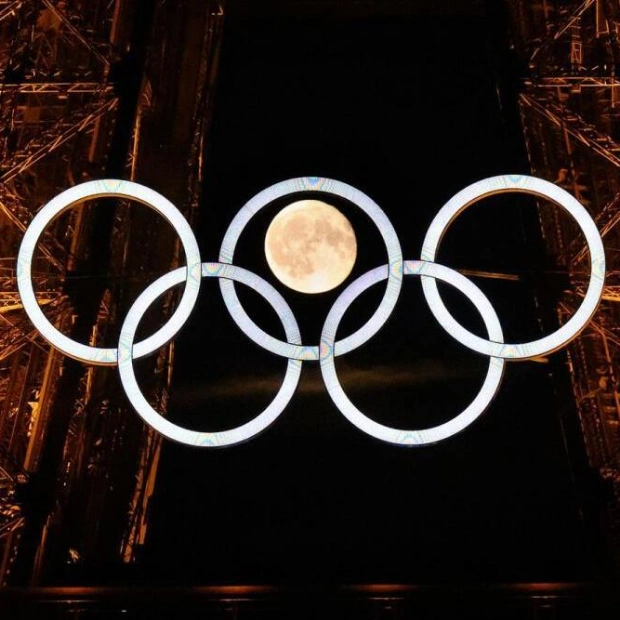It has been 40 years since Ipswich last triumphed over Aston Villa in the top flight at Portman Road. Alan Sunderland had given Ipswich an early lead, but the match took a decisive turn with the dismissals of Villa’s Peter Withe and Colin Gibson within the first 10 minutes of the second half. Russell Osman and Eric Gates sealed a 3-0 victory for Ipswich. The opener was a result of fine teamwork between Gates and Kevin O’Callaghan, but the nostalgia runs deeper than just the game’s details; it’s a feeling that resonates with those around 50 years old.
The substitution of Mich D’Avray for Trevor Putney is akin to Proust’s madeleines, transporting one back to the comforts of childhood—a crackling radio in an Austin Maestro, Findus crispy pancakes at grandma’s, and a mug of Cup-a-Soup by the fire. It’s a cliché that once you reach a certain age, conversations often revolve around listing childhood sports figures, but it’s undeniably true.
By September 1984, both clubs were already in decline. Villa finished 10th in 1984-85, while Ipswich was 17th. Ipswich was relegated the following season, and Villa the year after. Despite their ups and downs since, their top-flight meeting on Sunday marks their first since 2002. In the early 80s, both were challenging for the league title. Bobby Robson’s Ipswich defeated Villa three times in 1980-81, twice in the league and once in the FA Cup. Their 2-1 win at Villa Park in mid-April brought Ipswich within a point of Villa at the top with a game in hand. Exhausted from their FA Cup and UEFA Cup runs, Ipswich lost four of their last five league matches, allowing Villa to claim the title.
Villa’s seventh title was their first since 1910. They were unlikely champions, even when they beat Bayern Munich in the 1982 European Cup final. Their squad had only 12 caps combined. Ipswich players dominated the individual awards. That season was unpredictable; Villa used a record low of 14 players, while Ipswich lost seven of their last 10 games but had a poor autumn spell as well. Title races were unpredictable then, with fatigue and anxiety often tightening the contenders.
Villa’s manager, Ron Saunders, disliked by many, quit in February after a board dispute, immediately joining Birmingham. His assistant, Tony Barton, led Villa to the European Cup three months later. It was a different era, far from perfect, but there was a romance in football that allowed provincial English sides to win major trophies. Villa’s board, under Doug Ellis or Ron Bendall, wasn’t enlightened, but they didn’t treat fans with contempt as the current board does.
On the pitch, this is the best time for Villa fans in four decades; off it, prices are soaring, facilities are deteriorating, and corporate guests are displacing long-time groups. Supporters’ concerns over the badge redesign have been ignored, making the process shambolic. For certain executives, long-term fans have become an encumbrance. Champions League game prices, starting at £70, suggest fans will pick and choose games. Football clubs now exist to generate TV content; the notion of serving a local community feels quaint. This shift affects the game’s dynamics, particularly the rise of an elite. Football should consider why it allows greed to undermine the social interactions the game fosters.






